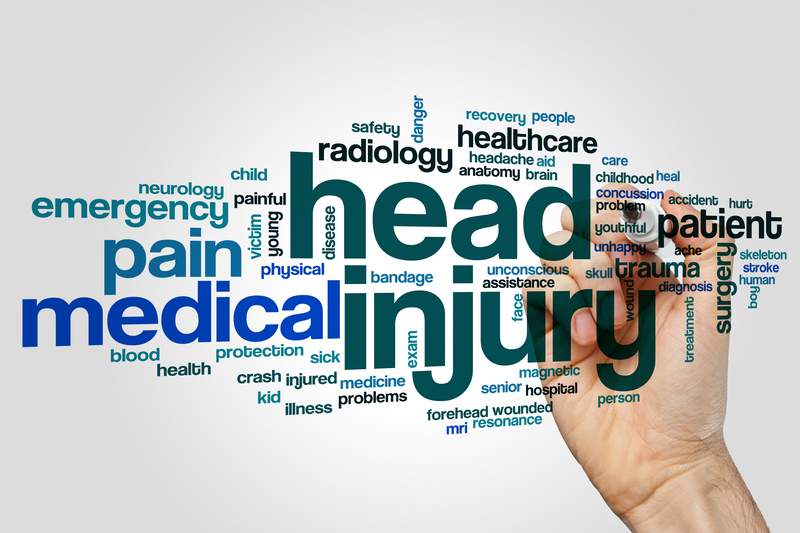The brain is the body’s central computer. Anyone with a traumatic brain injury knows it can impact every aspect of your life. The impacts are cognition, physical, and emotional or a combination. Traumatic brain injury recovery is possible in many cases given sufficient time, rest, and rehabilitation. The additional reality is unfortunately, some people with brain injuries may face long-term effects and may never fully recover.
Traumatic brain injuries happen when a blow or jolt to the head interrupts normal brain function. This often happens when the head hits an object or when the brain rapidly accelerates and decelerates inside the skull. TBIs can range from mild to severe, and the symptoms can vary depending on the severity of the injury. Traumatic brain injury recovery will also vary depending on the type and severity.
A TBI may not always be apparent or accurately diagnosed immediately after the injury, but can result from any of the following:
- Slip and falls
- Motor vehicle accidents
- Bicycle or pedestrian accidents
TBI severity will vary greatly, from mild to severe. Sadly, in some cases, death is possible. Some with TBI fully recovery within days, while others may experience long-term or even permanent disability. After experiencing any type of head injury, it is important to seek medical attention as soon as possible for a proper diagnosis.
The most common TBI is a concussion. Here the sufferer will typically have mild symptoms for as long as 21 days. Moderate TBI’s are characterized by a loss of consciousness for more than 30 minutes but less than a day. The most serious type of TBI and can result in coma or death. Victims of severe TBI may be unconscious for more than a day and may have permanent brain damage.
Uncomplicated recovery means there are no visible changes or damage to the brain. Victims still experience symptoms.
- Complicated: causes visible changes or damage to the brain, such as bleeding.
- Closed: occurs when an external force strikes the head without penetrating the skull.
- Open: occurs when an object penetrates the skull.
- Non-traumatic: occurs when the brain is deprived of oxygen.
TBI symptoms vary depending on the severity of the injury. Mild TBIs may cause:
- Headache
- Confusion
- Dizziness
- Nausea and vomiting
- Sensitivity to light or sound
- Memory problems
- Mood changes
Moderate to severe TBIs may cause the same symptoms as mild TBIs and more serious symptoms such as:
- Convulsions
- Weakness or numbness in the arms or legs
- Loss of balance
- Personality changes
- Permanent damage to the brain, such as memory loss, or learning disabilities
Traumatic brain injuries are usually diagnosed using a number of diagnostic tools. A CT or MRI scan can give doctors a better idea as to the type of injury the brain has sustained and whether or not there is active bleeding or swelling. Every brain injury is different. Even similar injuries can produce dramatically different symptoms depending on the patient. Someone who has sustained a serious TBI may even have no obvious outward injuries and show few symptoms initially. This is why it is vital to seek medical attention after any kind of head injury. The diagnosis will also help determine the proper traumatic brain injury recovery option.
We represent people who are injured because of the careless and reckless acts of others. At the end of the day your case can only be settled one time and you need to know all of the facts beforehand. The reason that insurance companies have paid our clients in excess of $130,000,000.00 is that we get the facts and are not intimidated at the prospect of going to trial when insurance companies fail to offer full compensation. We help with serious injuries that require serious representation. We are the Law Offices of Guenard & Bozarth, LLP. Our attorneys have more than 60 years of experience specializing in only representing injured people. Call GB Legal 24/7/365 at 888-809-1075 or visit www.gblegal.com We would be honored to represent you!


